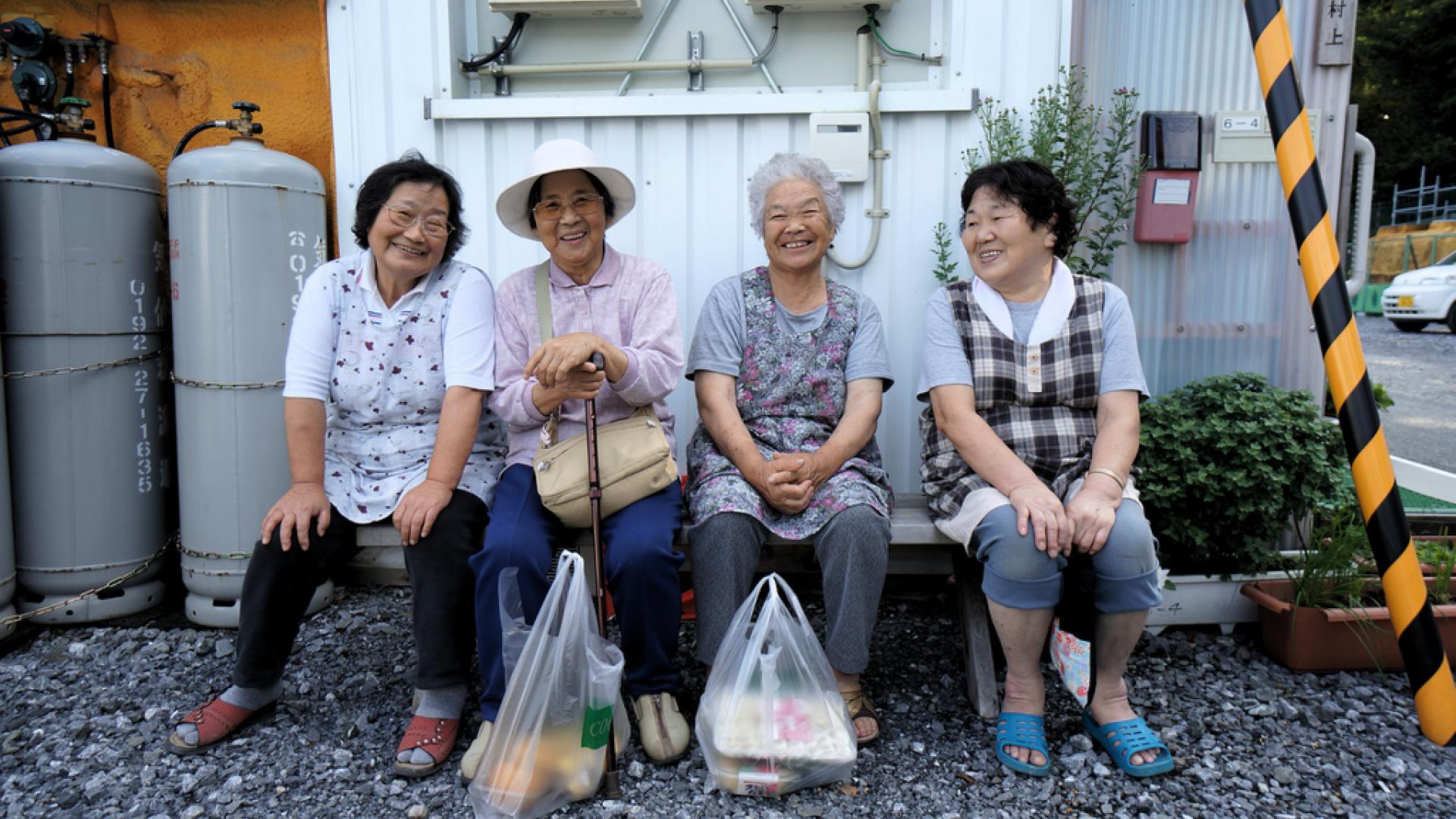This week we have a guest blogger for you. Kristy Howes from Alzheimer's Society talks about the effect of dementia on society and the' forgotten million'.
Last month, Secretary of State for Health Jeremy Hunt said we need to focus on the ‘forgotten million’ older people who are living isolated at home or in care with no one to talk to. How has our society found itself at this point?
We’ve heard it before – and many of us will have said it for ourselves – grandparents are a gift. So what happened? Aren’t these isolated older people the same ones who bring richness and value to our lives and a wealth of skills and experience to society? Why then, are they finding themselves alone in their later years, disconnected from their communities and social networks?
Obviously there are many reasons why people find themselves alone in later years. One of the major problems is a lack of understanding about the conditions that affect people in older age – such as dementia.
Due to the prevalence of dementia and the ageing population, awareness of Alzheimer’s disease and dementia is at an all-time high. But understanding of what it is and how it affects people is low.
Dementia is one of the biggest challenges of the 21st century. There are currently around 800,000 people with dementia living in the UK and many more family and friends are living with the impact it brings. The financial cost of dementia in the UK is estimated to be over £23 billion per year.
So, what is it? In brief, dementia is the name of a number of conditions that affect the brain, causing memory loss, changes in mood and behaviour and problems with communication, thinking and planning. Alzheimer’s disease is the most common cause. Note that it is a disease. It’s not a normal part of ageing. It shortens a person’s life expectancy. People showing signs of dementia aren’t ‘going crazy’ – they’re experiencing symptoms of a serious health condition and may be anxious, confused or in pain.
Alzheimer’s Society is working hard to fight the stigma attached to dementia. It’s not about ‘going senile’ or ‘losing your marbles’. It’s important that people understand that a person with dementia is still the person they always were, trying to cope with the symptoms of this life-changing disease.
The government has recognised the need to improve understanding of dementia. In March last year, David Cameron launched a national challenge on dementia, including two key ambitions: to increase public understanding of dementia and make communities more dementia friendly.
The Department of Health and Alzheimer’s Society subsequently launched the Dementia Friends initiative. It seeks to provide people with an understanding of dementia and the small things they can do that can make a difference to people living with the condition – from helping someone find the right bus to raising awareness about dementia. We’re working towards creating a network of one million Dementia Friends across England by 2015.
The Dementia Friends model is based on a highly successful scheme that was developed in Japan – where culturally, there is much value and respect given to older people. In Japan, over four million people have attended the equivalent of a Dementia Friends session over the last eight years.
If you’d like to know more about the Dementia Friends scheme, or find out how to become a Dementia Friend, please see www.dementiafriends.org.uk
In my role at Alzheimer’s Society, I’ve been privileged to talk to many people affected by dementia about their experiences – and every person’s story is unique. I’ve had the opportunity to help people with dementia and their carers get hold of vital information that can help them to live well after a diagnosis and put plans in place so that their future wishes and preferences can be shared. It’s given me an insight into a condition that, like millions of other people, has affected me personally.
I count my grandmother as one of my biggest gifts in life. She hugely encouraged and supported me to go to university and travel the world – two opportunities a woman of her generation wasn’t easily afforded and for which I will be forever grateful to have had. She was an active and hard-working woman, but sadly developed Alzheimer’s disease and passed away a week before her 92nd birthday. Before she moved into a care home, I was able to support my mother with my grandmother’s care, but I wish I knew then what I know about dementia now.
With a better understanding of dementia, we can influence a cultural shift back towards an intrinsic respect and care for older people and have a positive effect on their quality of life. We will also be well placed to appreciate all the older people living in our communities – parents, friends or grandparents – for who they are and help them as they helped us.
If you'd like to leave us a comment on this blog, we'd love to hear from you. You can write one below.
Thankyou, a fantastic article
Thankyou, a fantastic article that has been very well written. Lets get ghe country united in beating the stigma attached to dementia.

